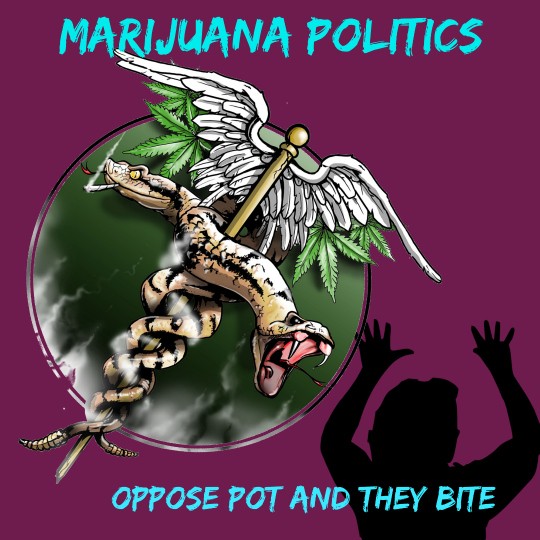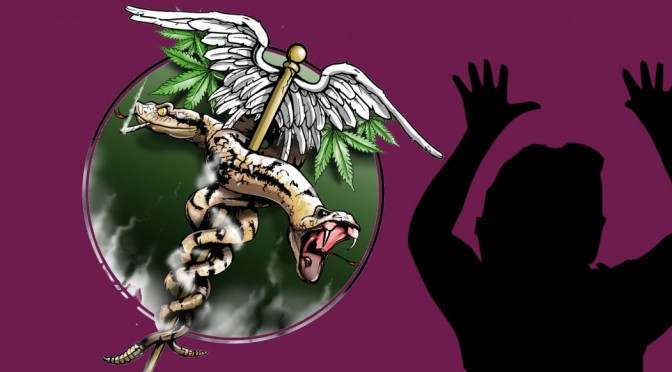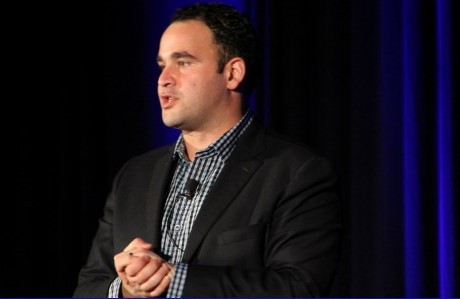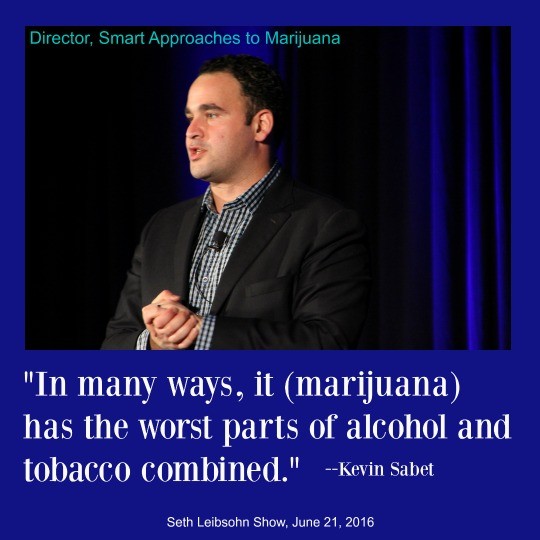The Power and Deception of the Marijuana Lobby
Since the marijuana industry bought off ALL of the companies authorized to collect petition signatures in Colorado, it’s not surprising how deep corruption runs through that industry. Some dirty tactics have been going on for years. (Please read Part 1 and Part 2 of exposing the deceptive tactics of the marijuana industry.)
In 2012, Oregon Attorney General candidate Dwight Holton was defeated in the Democratic primary, because he had inspired the wrath of the marijuana industry. Only 25% of Oregon’s Democrats voted, but that success gave marijuana lobby the boost it needed to threaten anyone who would dare go against them.
Pro-pot groups also claimed that they defeated California Attorney General candidate Steve Cooley in 2010. Cooley was no friend to medical marijuana violators in southern California. He lost in a very close race that took weeks to count.
2012: “The Wrath of the Weed Vote”
The Oregon Attorney General’s race shows how vindictive the marijuana lobbyists really are. Dwight Holton, former acting US Attorney for Oregon, was highly regarded as a prosecutor (pictured below). But he also prosecuted marijuana violations, while opponent Ellen Rosenblum promised to go lightly on “medical” marijuana, and even courted the marijuana businesses. She won. The biggest contributors to her campaign were Drug Policy Action and John Sperling, founder of University of Phoenix and a billionaire marijuana contributor. Citizens for Sensible Law Enforcement, a marijuana legalization group, spent more $53,000 in radio ads against Holton. The political reason to oppose Holton was that he was a relative newcomer to the state of Oregon, but the true reason he lost was that the marijuana forces came out to defeat him.

In fact, a headline earlier this year reminded politicians of Dwight Holton’s fate and warned that lists will be kept of those who support local marijuana bans in Oregon. There’s much written about the corruption in the state’s marijuana businesses, both in the past and in the present.
Carmen Trutanich also “was one of a number of politicians to suffer the wrath of the weed vote” in the California primary on June 5, 2012. In California, Los Angeles City Attorney Trutanich lost his bid for District Attorney because of his stance towards marijuana businesses, according to one of the marijuana blogs.
Since 2012, the marijuana lobby has promised backlash against politicians who aren’t with them. By 2012, financiers such as Peter Lewis and George Soros were giving big donations to the legalization campaigns in Colorado and Washington. This year Sean Parker has already given more than $2 million to the legalization effort in California.
Politicians who don’t support the marijuana industry’s agenda — using “medical” marijuana as a backdoor to full legalization — are accused of wanting people to die or wanting to send innocent people to jail. Those who are skeptical of the efficacy of “medical” marijuana are painted as individuals lacking compassion in well- orchestrated smear campaigns. In 2014, some politicians felt the backlash through dishonest television ads. Using the word “compassion” helps initiatives pass, although in reality it’s about corruption and full of entirely different motives.

The Television Ads
In 2014, Americans for Safe Access, a “medical” marijuana lobbying group (funded by Soros?), ran television advertisements on MSNBC in Maryland and South Florida. They targeted two members of Congress who voted “no” to the Rohrabacher-Farr Amendment in their districts, Republican Andy Harris of MD and Democrat Debbie Wasserman Schultz of FL. The Rohrabacher-Farr Amendment was the first major victory for the heavily-funded marijuana lobby.*
The ad that ran against Rep. Wasserman Schultz alleged that the Congresswomen thinks it’s ok for medical marijuana users to go to federal prison. It flashed an image across the screen of an elderly man and his wife, who has Amyotrophic Lateral Sclerosis, a fatal neurological disease. It is well understood in legal circles that “patients” who use “medical” marijuana for their own illnesses have never gone to jail.
Has anyone ever investigated how much the marijuana lobby pays “patients” to advertise and go on TV on behalf of medical marijuana?
The ad in Maryland claimed that Rep. Harris’ vote would result in sending Maryland’s patients to prison. A voice said: “Congressman Andy Harris thinks it’s OK for medical marijuana patients to go to federal prison.” The ad was juxtaposed with the image of a 4-year-old boy who suffers from epilepsy and his mother.
Since that time, both Harris and Wasserman Schultz have made made some concessions in how they vote for medical marijuana. The industry must be congratulating itself.
We need more politicians who are brave and who stand up to this political corruption to protect the children. The bravery of Steve Cooley, Dwight Holton, Carmen Trutanich, Debbie Wasserman Schultz and Andy Harris, and Linda Newell in Colorado, is much appreciated.
*The Rohrabacher-Farr Amendment prohibits funds to the Drug Enforcement Agency (FDA) to be used for “medical” marijuana in states that have authorized state “medical” marijuana programs.








